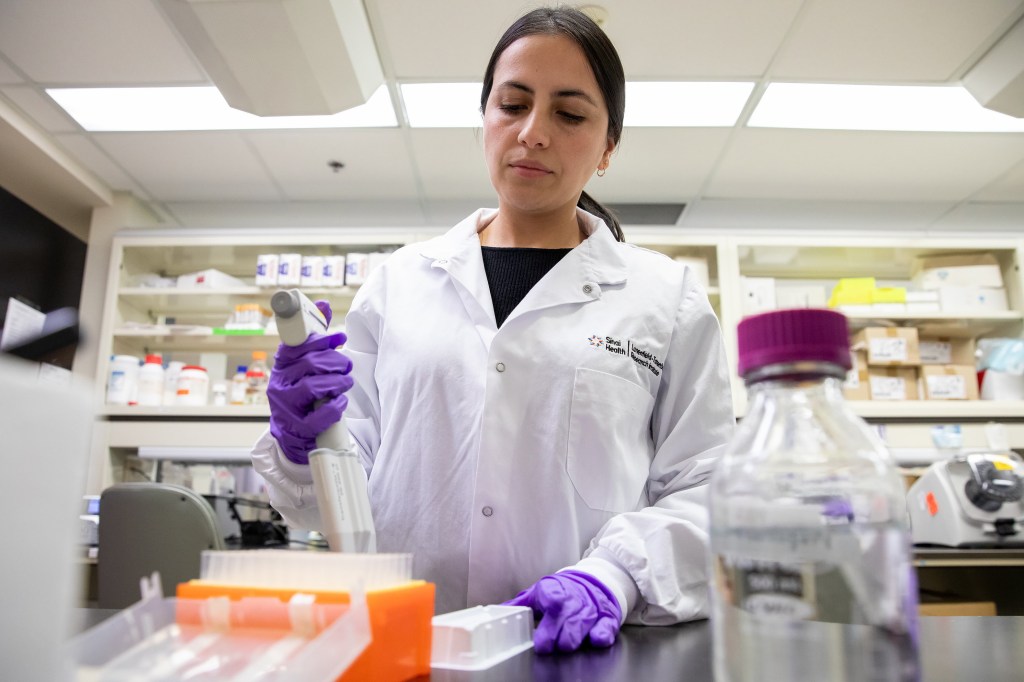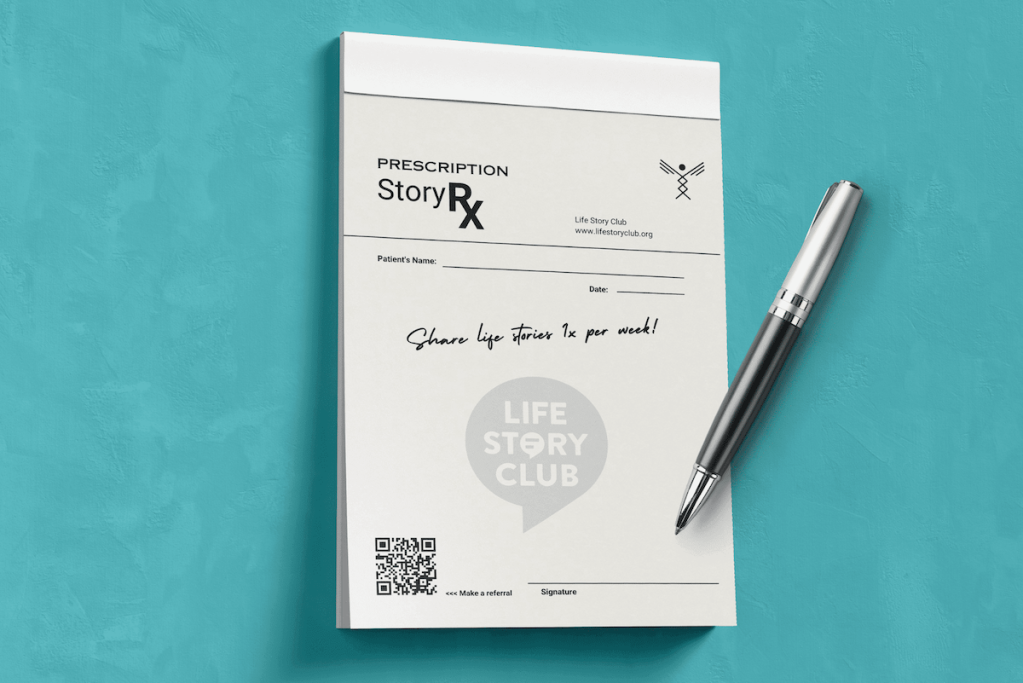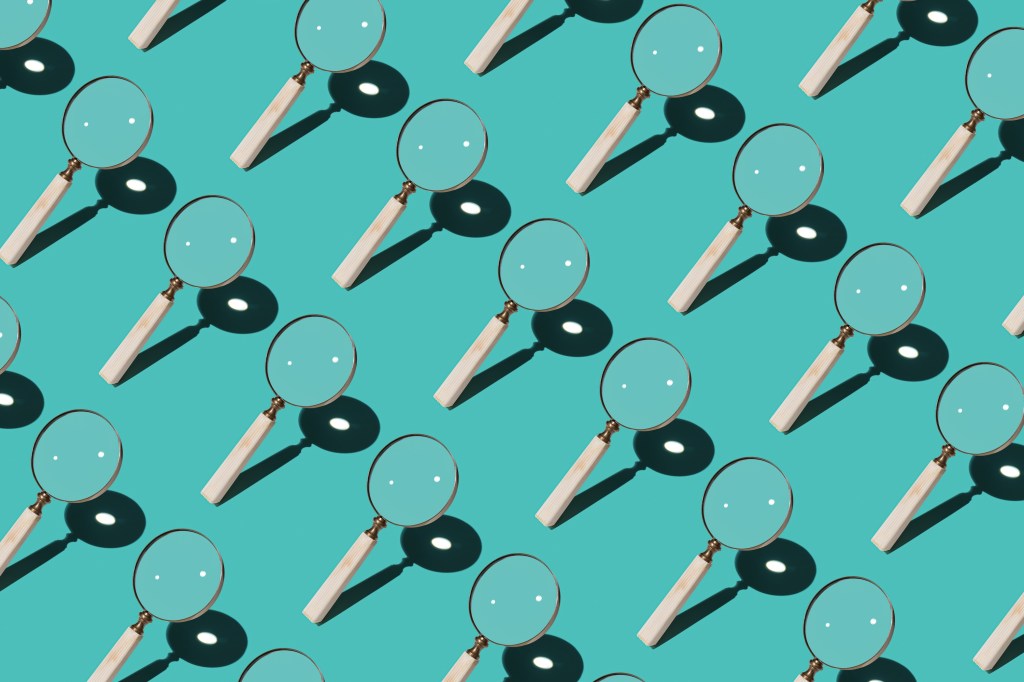Dabbling Is Good for You: Why an Expert Says You Should Try New Things Just for Fun
When was the last time you tried something fun without worrying about the outcome? We’re often taught that in order to reap the benefits of a new activity, we need to do it consistently. Yet as helpful as habits can be, dabbling — or engaging in activities sporadically just for the pure enjoyment of it […]









